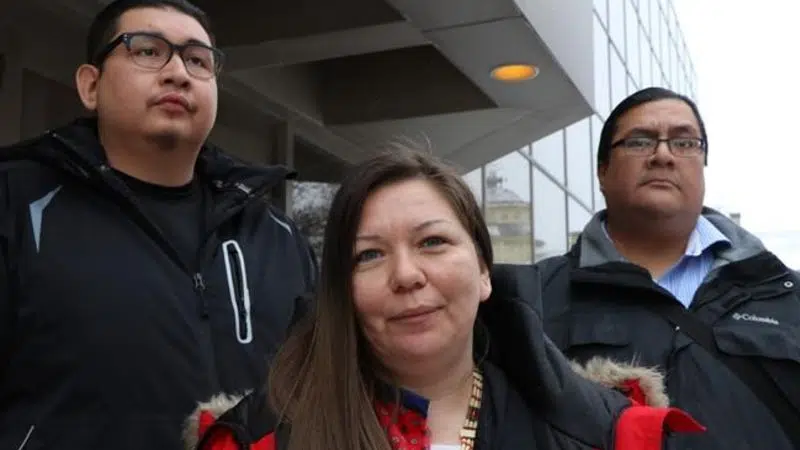
‘Hurts just as bad:’ Tina Fontaine’s family, friends mourn 5 years after death
WINNIPEG — On a recent warm evening in Winnipeg a woman ran up to the Bear Clan Patrol in a panic asking for help to find her niece who had not returned home.
Patrol co-ordinator Melissa Stevenson says within minutes more than a dozen searchers wearing bright-yellow vests scoured the area, calling out the girl’s name until she was found on a nearby street.
The child’s face, Stevenson says, was small, innocent and full of potential. Stevenson almost cried because of how much the girl reminded her of 15-year-old Tina Fontaine.
“That potential for greatness will never be. We will just never know what Tina could be,” Stevenson says with tears running down her cheeks.
